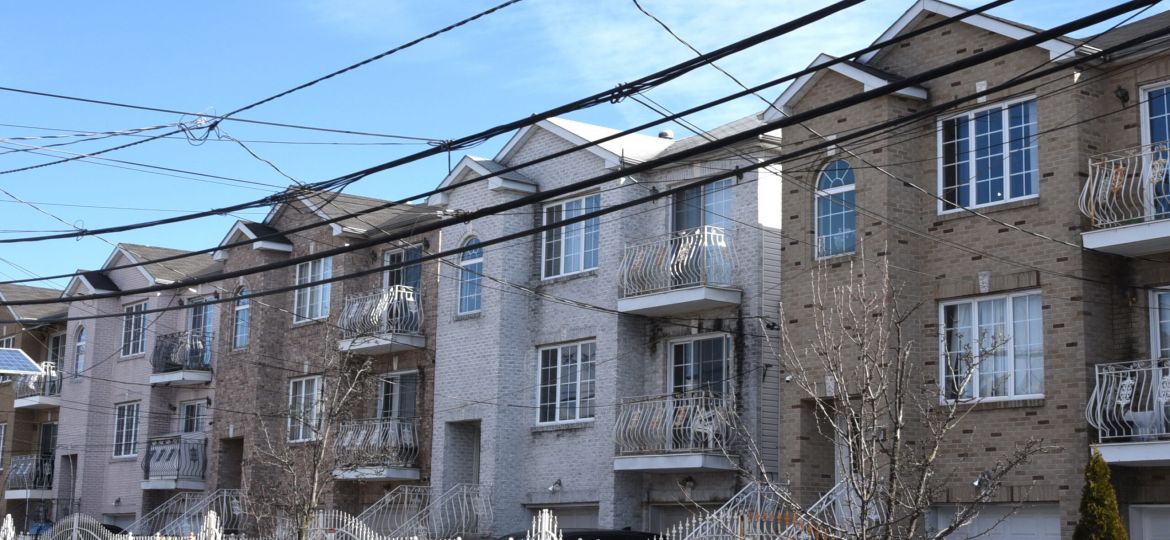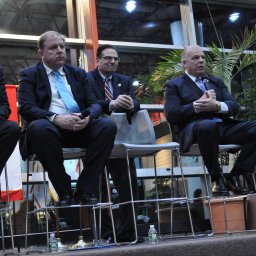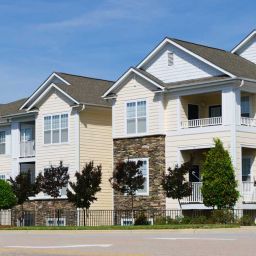
Trenton – The Senate Budget and Appropriations Committee advanced transformative legislation aimed at hastening the production of affordable housing and reducing protracted legal disputes. Sponsored by Senator Troy Singleton and Senate President Nicholas Scutari, the bill would codify a new framework for determining and enforcing local affordable housing obligations under the Mount Laurel Doctrine.
The Mount Laurel Doctrine, established by the New Jersey Supreme Court through a series of decisions beginning in 1975, outlaws exclusionary zoning and requires municipalities to provide a “fair share” of affordable housing. In 2015, the state’s Supreme Court held that, after years of non-enforcement by the Council on Affordable Housing (COAH), the judicial system would assume responsibility for ensuring compliance with the Doctrine.
Court enforcement of the Doctrine has caused New Jersey’s annual affordable housing production to nearly double. Since 2015, Mount Laurel settlement agreements have created nearly 70,000 new multi-family homes across the state, 21,000 of which are deed-restricted affordable homes. Legislative efforts have supported the construction of affordable housing projects pursuant to court-determined Mount Laurel settlement agreements, with over half a billion dollars to fund 100 percent affordable housing projects in just the last two fiscal years.
“Although the reinvigorated enforcement of the Mount Laurel Doctrine has created tens of thousands of new homes since 2015, fifteen years of non-enforcement by COAH has left New Jersey short by over 200,000 affordable units,” said Senator Troy Singleton (D-Burlington), who is also the Chair of the Senate Community and Urban Affairs Committee. “By codifying the court’s methodology, abolishing COAH, and putting a statutory system in place for the continued enforcement of affordable housing obligations we can begin to reverse that shortage. This legislation is not a silver bullet for the housing affordability crisis, but it is a transformative step towards a more affordable future.”
“Affordability has been the cornerstone of the efforts we have taken in the Legislature to address the challenges our residents face every day in New Jersey,” said Senate President Scutari (D-Union/Somerset). “With this legislation, we aim to develop more affordable housing in our state and strengthen the system that enables that development. This bill marks an important stride towards making housing in New Jersey more accessible and affordable for all of our residents.”
“We applaud Senate President Scutari and Senator Singleton for prioritizing this crucial piece of legislation and working to end our affordable housing crisis. The bill advanced today offers a promising framework for moving forward,” said Adam Gordon, the Executive Director of the Fair Share Housing Center. “The Mount Laurel Framework must be safeguarded and strengthened to meet the current housing challenges facing our state’s families.”
“Our network of over 275 members is dedicated to making New Jersey a healthy place our residents can afford to call home,” said Staci Berger, President and CEO of the Housing and Community Development Network of New Jersey. “S-50 is essential to allowing us to continue our work chipping away at New Jersey’s dire shortage of available and affordable homes. Housing is a human right, and we support the reforms in this bill that will preserve long-term affordability and provide a strong framework for our members to continue building the affordable homes our residents need and want. We thank Senator Singleton and Senate President Scutari for their leadership on this issue and look forward to working together to help HouseNJ.”
The legislation, S-50, would codify the methodology adopted by the courts to calculate the municipal affordable housing obligation, streamline the process for adoption of fair share plans and related actions, as well as abolish the now-defunct COAH. The streamlined process would provide clear guidance, timeframes, and multi-layered mediation opportunities for municipalities to calculate their obligations.
The mediation opportunities provided for under the bill include a new Dispute Resolution Program (DRP), consisting of an odd number of three to seven members appointed by the Director of the Administrative Office of the Courts. Members would be retired and recall experts or other qualified experts, and would evaluate compliance when there are challenges to municipal plans or obligation numbers. Each of New Jersey’s 15 vicinages would have a judge of the Superior Court, or a retired judge, designated by the Chief Justice of the Supreme Court to serve as a county-level housing judge that resolves disputes when they are not resolved by the DRP within specified deadlines.
Altogether, the actions of S-50 would codify the most successful elements of the last several years of court-led enforcement, while reducing the legal costs often borne by developers, affordable housing advocacy groups, and municipal governments. Through the reduction of the legal disputes that often delay the production of affordable housing, the next round of obligations, beginning on July 1, 2025, can be fulfilled faster and more effectively.
The bill was released from the Budget and Appropriations Committee in a 9-4 vote, setting it up for consideration from the full Senate.











